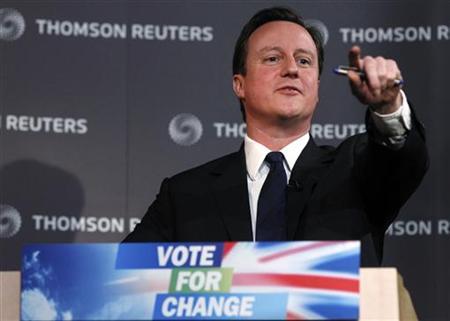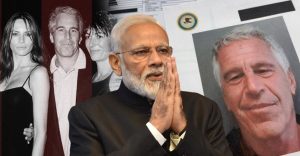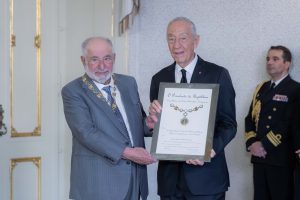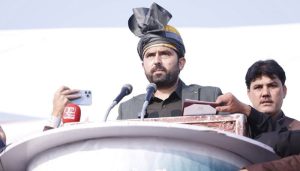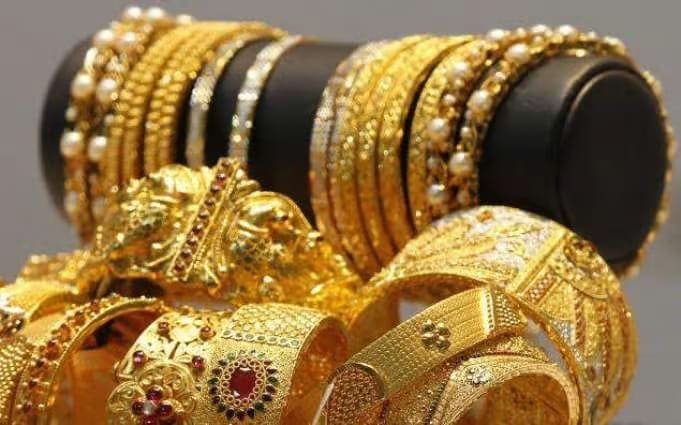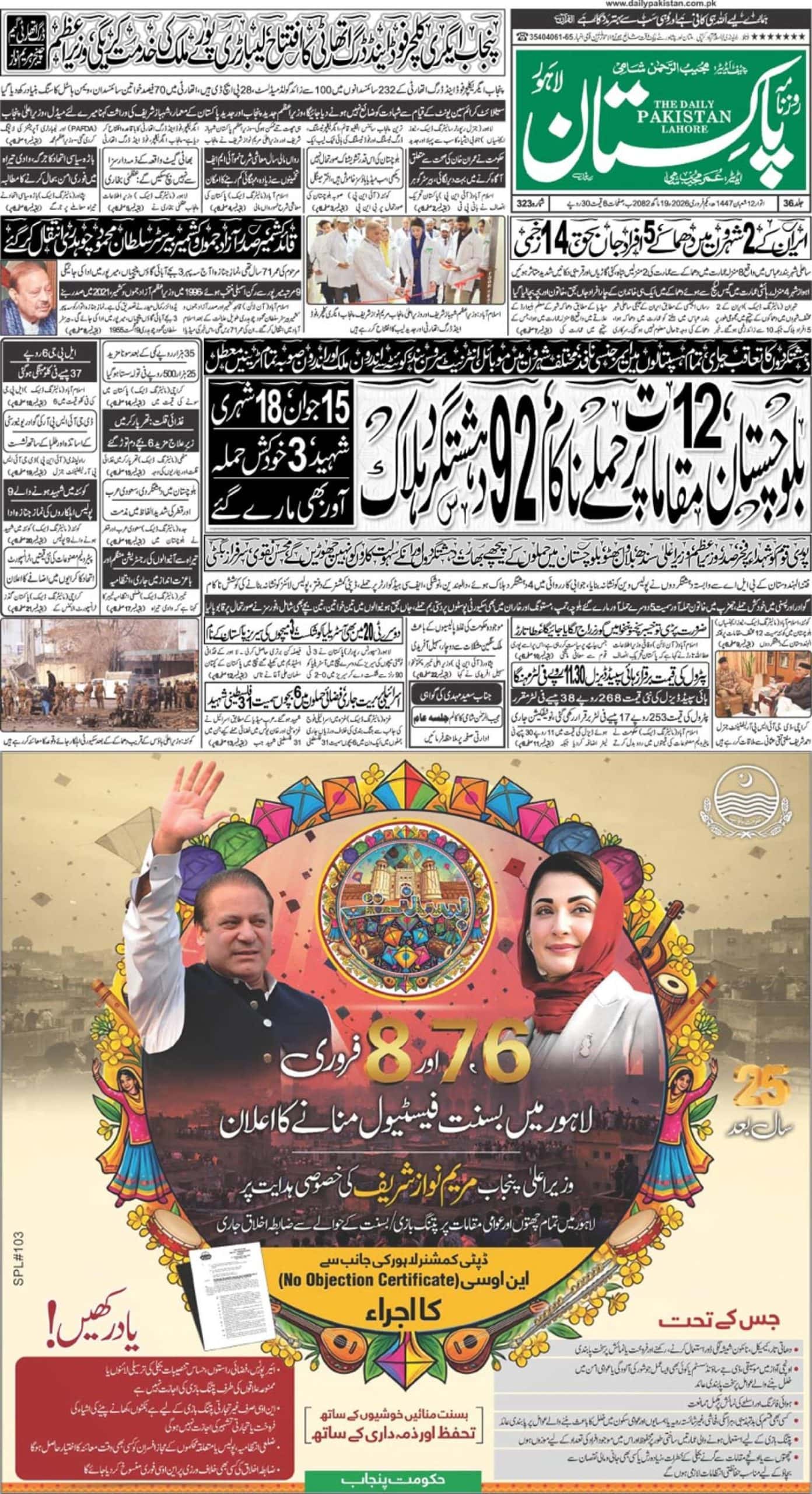LONDON (Web Desk/Agencies) – In what is being called most unpredictable election in a generation, Britain on Thursday went to polls with no single party expected to secure a majority in the next parliament.
A late burst of opinion polls on the eve of the vote suggested that Conservative Prime Minister David Cameron and Labour challenger Ed Miliband had fought each other to a standstill.
Despite five weeks of campaigning, neither party has opened up a clear lead in the polls, pointing to a potentially messy and uncertain outcome from Thursday’s vote.
The stakes are high because Britain’s future in the European Union, as well as its national cohesion, could hinge on the result.
Cameron has promised to hold a referendum on whether to stay in the EU if he returns to power, while polls suggest Scottish nationalists could emerge as the third-largest party, despite losing a plebiscite last year on whether Scotland should break away from the United Kingdom.
Both the main party leaders have insisted they are fighting to win outright, despite the overwhelming signals from the opinion polls that they would need to seek one or more allies to form a coalition or survive as a precarious minority government.
“We can achieve an overall majority that gives Britain the strong stable government that continues, with a long-term economic plan that is working,” Cameron said on Wednesday.
Miliband said his message to undecided voters was: “You can have another five years of a prime minister who will put the rich and powerful first in our country. Or if I’m prime minister, I’ll put working people first.”
Of seven opinion polls released on the last day before voting, three showed the two main parties tied. Three put the Conservatives ahead by a single percentage point, and one gave Labour a two-point lead.
Campaign slip-ups
Five years ago, Britain got its first coalition government since World War Two when Cameron fell short of an overall majority and struck a deal with the centrist Liberal Democrats to govern together to steady the economy.
Many Britons thought that was a one-off. But the rise of fringe parties such as the pro-independenceScottish National Party and the anti-EU United Kingdom Independence Party (UKIP) has drained support from the two main parties.
The two men vying to become prime minister have avoided game-changing gaffes but drawn mockery at times: Cameron for forgetting the name of his football team, and Miliband for engraving his campaign pledges on a giant stone, prompting ironic comparisons with Moses.
Stagnant polls have prompted Cameron to refine his message, blending the promise of higher living standards with a warning that Scottish nationalists could hold to ransom a minority Labour government, pushing it to borrow more and edge it towards another referendum on Scottish independence.
Awkwardly for the prime minister, a leading thinktank cut its forecast for Britain’s economic growth in 2015 on Wednesday, though it said strong consumer spending should keep the recovery on track.
But other data showed Britain’s huge services sector unexpectedly picked up speed in April, countering signs of a slowdown.
Protracted standoff?
The tightness of the race has prompted some parties to try to define in advance what arrangements would constitute a legitimate government.
The rules state that any party capable of getting parliament’s backing for its legislative slate can govern. But convention dictates that the party with the most seats has a first attempt at trying to form an administration.
If the two main parties are separated by only a handful of seats, however, both may claim the right to govern, setting up a potentially protracted standoff.
Britain’s highly politicised press weighed in with the Labour-supporting Daily Mirror warning its readers that Cameron would axe nurses at two thirds of hospitals, and the Conservative-supporting Sun featuring an unflattering picture of Miliband eating a bacon sandwich.
“Don’t swallow his porkies and keep him out,” it said.
A total of 650 Westminster MPs will be elected, with about 50 million people registered to vote. Polls open from 7am to 10pm local time (6am to 9pm GMT).

